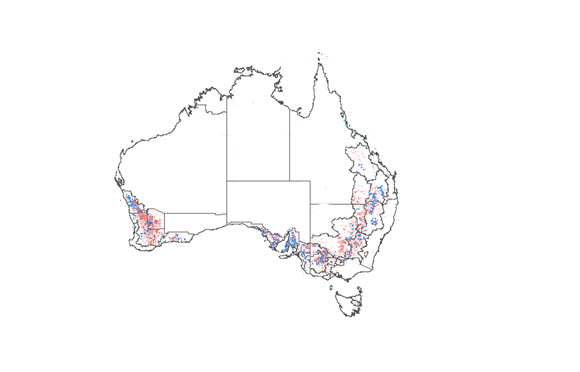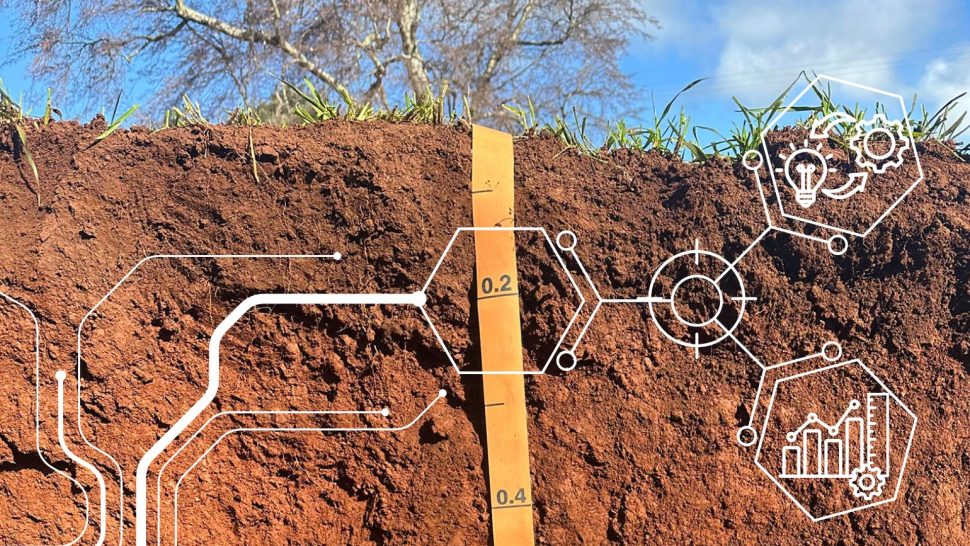Dr Chloe Lai from the University of Southern Queensland is leading a Soil CRC project that is using a computer-based approach to optimise the management of soil constraints. The aim is to help farmers make better informed decisions about soil management.
“There are different ways to manage soil constraints – such as sodicity, acidity, and salinity – but deciding which method to use and when can be challenging, especially when multiple constraints can occur at once,” Dr Lai said.
The project is using a knowledge-guided machine-learning modelling framework to uncover the best ways to manage these constraints.
“This approach applies scientific understanding and learns from existing data to predict which combinations of soil management will work best for a particular soil affected by multiple constraints, under specific conditions.”
The project team is engaging growers in this research to cultivate early adopters and ensure that the resulting universal decision-support tools will be fit-for-purpose.
“Such tools will improve soil function and capacity across Australian agriculture while enhancing productivity and profitability,” Dr Lai said.
The project is using data from published studies and the Soil CRC’s past and current experiments to ensure the data will be findable, accessible, interoperable, and reusable (FAIR).
The involvement of grower groups such as Riverine Plains Inc, Burdekin Productivity Services, West Midlands Group and Mallee Sustainable Farming helps to ensure that the model outputs are appropriate for a range of soil types and farming enterprises across Australia.

A map of Australia showing the locations of APSIM simulations that have been undertaken for the project. Each dot on the map represents a location where APSIM simulations have been undertaken for the project.
Activities so far
Since the project commenced in 2023, the project team have completed 3 iterations of a literature search across 5 databases, resulting in 234 studies being identified for appraisal and data extraction.
“Types of soil constraints, their indicators and key soil functions related to the constraints and to agricultural systems were reviewed to determine the meta-data schema for data extraction from the text review,” Dr Lai said.
“In addition to this, data collected from existing Soil CRC field trials has been subjected to preliminary Agricultural Production Systems sIMulator (APSIM) modelling and the modelling process is being tested and documented so that it can be easily applied to other sites in future.”
APSIM is also being used to generate synthetic data for scenario modelling to assess crop performance and yield potential across different cropping regions.
Next steps
“This data will be combined with spatially explicit soil information to develop machine learning algorithms to assess soil constraint management options,” Dr Lai explained.
“The algorithms will form a framework to evaluate soil productivity outcomes under different management strategies to facilitate decision support.”
Participating organisations
- University of Southern Queensland
- Riverine Plains Inc
- Burdekin Productivity Services
- West Midlands Group
- Mallee Sustainable Farming

